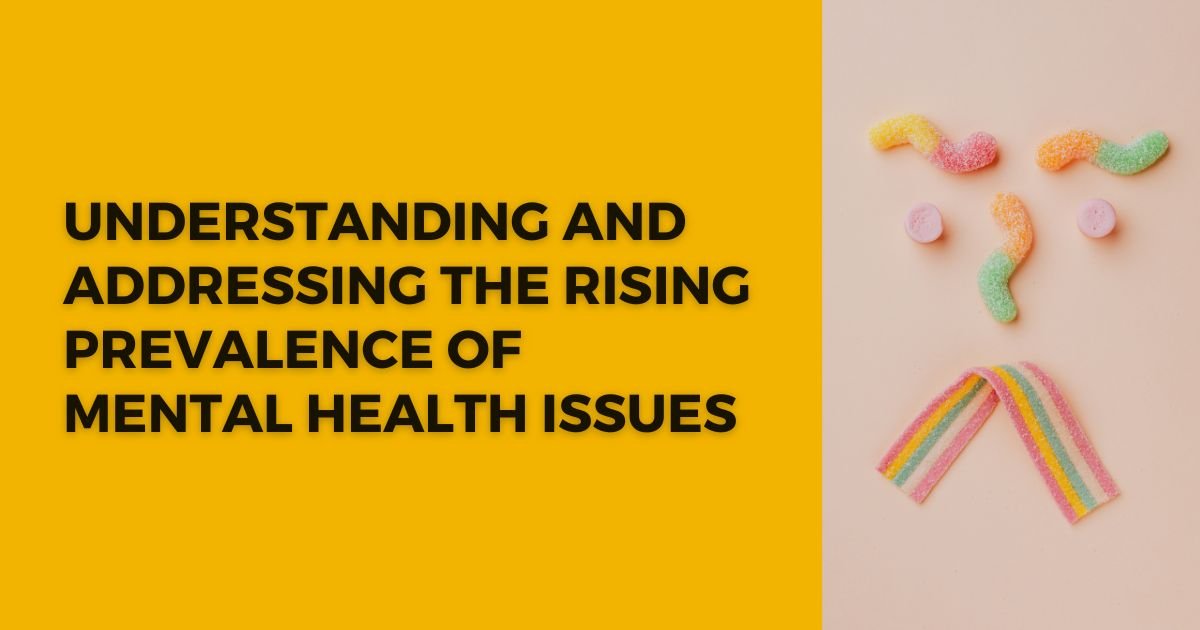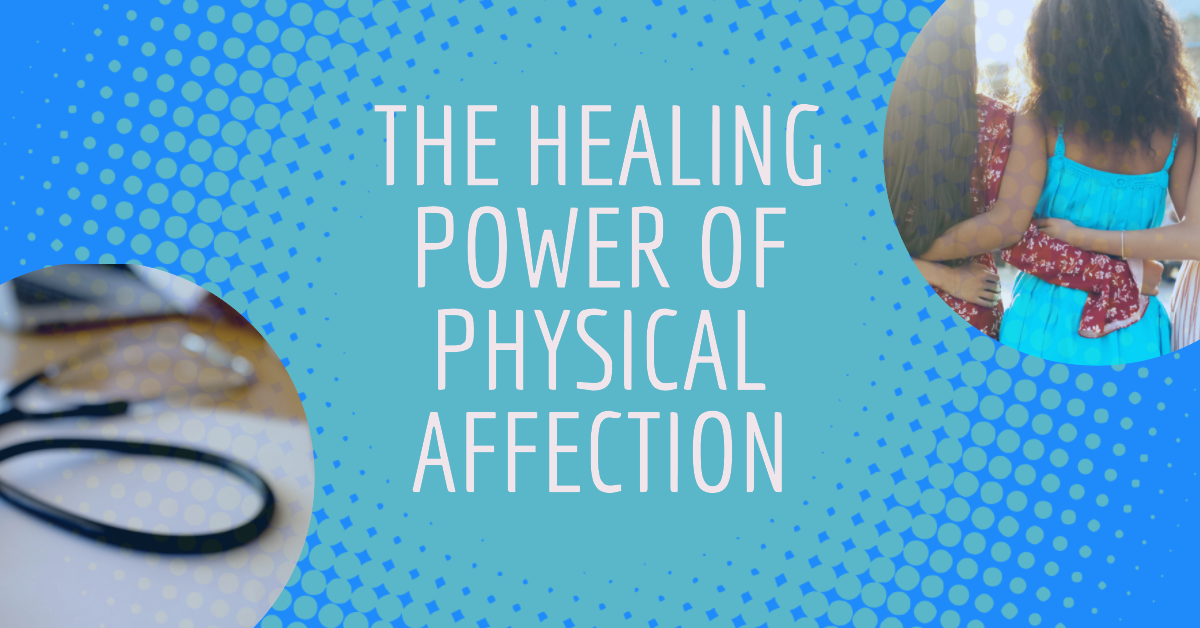Physical affection, often expressed through touch, plays a vital role in a relationships. Beyond the immediate emotional connection it fosters, physical affection has a profound impact on mental health. In this article, we delve into the various ways physical affection positively influences our well-being and explore its significance in maintaining a healthy mind. From strengthening bonds to reducing stress and promoting happiness, the power of physical touch is truly remarkable.
Table of Contents
The Importance of Physical Affection in a Relationships
1. Nurturing Emotional Connection
Physical affection is a fundamental aspect of a relationships, deepening the emotional bond between individuals. Through touch, we communicate love, compassion, and support, fostering a sense of closeness and intimacy.
2. Building Trust and Security
Regular physical affection helps establish trust and security within relationships. When we engage in positive physical contact, such as holding hands or hugging, it reinforces feelings of safety and promotes a sense of belonging.
Physical Affection and Stress Reduction
Physical affection has a remarkable ability to reduce stress and promote relaxation. Let’s explore the underlying mechanisms behind this phenomenon.
1. Release of Oxytocin
When we engage in physical touch, our bodies release oxytocin, often referred to as the “love hormone.” Oxytocin is associated with feelings of warmth, contentment, and reduced stress levels. It helps regulate our emotional responses, fostering a sense of calm and well-being.
2. Lowering Cortisol Levels
Another way physical affection contributes to stress reduction is by lowering cortisol levels. Cortisol is a hormone released in response to stress, and excessive levels can negatively impact mental health. Engaging in physical touch helps decrease cortisol production, promoting relaxation and a more balanced emotional state.
Enhancing Emotional Well-being through Physical Touch
Physical affection has a profound impact on our emotional well-being, influencing our mood, happiness, and overall mental state.
1. Boosting Mood and Happiness
When we experience physical touch, our brains release endorphins, often referred to as “feel-good” chemicals. These endorphins elevate our mood, increase feelings of happiness, and provide a sense of emotional fulfillment.
2. Alleviating Anxiety and Depression Symptoms
Physical affection can also alleviate symptoms of anxiety and depression. Engaging in gentle touch or receiving a comforting hug triggers the release of serotonin, a neurotransmitter associated with feelings of well-being and happiness. This can provide temporary relief from the symptoms of these mental health conditions.
Strengthening Social Bonds
Physical affection plays a crucial role in strengthening social bonds, fostering deeper connections, and improving overall relationship quality.
1. Improving Communication and Understanding
Physical touch enhances communication and understanding between individuals. It helps convey emotions and intentions more effectively, reducing misunderstandings and promoting empathy.
2. Creating a Sense of Belonging
Regular physical affection creates a sense of belonging within social groups. When we engage in affectionate behaviors, such as hugging or cuddling, we reinforce our connection with others, creating a supportive and nurturing environment.
The Power of Hugs
Hugs, in particular, hold immense power in promoting well-being and emotional connection.
1. Hugs and Their Therapeutic Effects
Hugs have therapeutic effects on both our physical and mental health. They stimulate the release of endorphins and oxytocin, providing an immediate boost in mood and reducing stress levels.
2. The Role of Skin-to-Skin Contact
Skin-to-skin contact, such as holding hands or embracing, has been shown to regulate the autonomic nervous system and promote relaxation. This type of physical touch is particularly beneficial for infants and young children, as it helps regulate their emotions and promotes healthy development.
The Influence of Physical Affection on Self-Esteem
Physical affection plays a crucial role in shaping our self-esteem and body image.
1. Feeling Valued and Loved
When we receive physical affection from others, it reinforces our sense of being valued and loved. This positive reinforcement contributes to healthy self-esteem and a more positive self-perception.
2. Developing a Positive Body Image
Regular physical touch, such as gentle caresses or loving embraces, can contribute to a positive body image. It helps individuals develop a more accepting and appreciative attitude towards their bodies, fostering a healthier relationship with themselves.
Physical Affection and Childhood Development
Physical affection during childhood has long-lasting effects on mental health and overall well-being.
1. Secure Attachment and Emotional Regulation
Physical affection plays a pivotal role in establishing secure attachments between caregivers and children. These attachments provide a foundation for emotional regulation, self-soothing, and healthy social relationships later in life.
2. Long-term Effects on Mental Health
Children who grow up receiving adequate physical affection are more likely to develop into emotionally secure adults with better mental health outcomes. They tend to exhibit higher levels of resilience, self-confidence, and empathy.
Cultural Perspectives on Physical Affection
The perception and expression of physical affection vary across cultures, influenced by societal norms and individual preferences.
1. Varying Cultural Norms
Different cultures have distinct attitudes and customs regarding physical affection. Some cultures embrace physical touch more openly, while others may have more reserved or specific guidelines for expressing affection.
2. Balancing Individual Preferences and Societal Expectations
It’s important to strike a balance between individual preferences and societal expectations when it comes to physical affection. Respecting personal boundaries and cultural norms while still acknowledging the benefits of physical touch can help create a harmonious approach to expressing affection.
Physical Affection in Different Relationships
Physical affection manifests differently in various types of relationships, including romantic relationships, familial bonds, and friendships.
1. Romantic Relationships
Physical affection is a cornerstone of romantic relationships. Intimate touch, such as kissing and cuddling, strengthens the emotional connection between partners and enhances relationship satisfaction.
2. Familial Bonds
Physical affection within families nurtures a sense of love and security. Hugs, gentle touches, and expressions of love provide a strong foundation for healthy familial relationships.
3. Friendships
Physical touch in friendships, such as handshakes or hugs, can deepen the bond between friends and contribute to overall relationship satisfaction. However, it’s essential to respect individual boundaries and preferences.
The Role of Physical Affection in Therapeutic Settings
Physical touch is increasingly recognized for its therapeutic benefits in professional settings, such as therapy and counseling.
1. The Benefits of Touch in Therapy
In therapeutic settings, appropriate and consensual physical touch can enhance the therapeutic alliance, deepen emotional connection, and promote trust between the therapist and client. It can also facilitate the release of emotions and contribute to the overall healing process.
2. Ethical Considerations and Boundaries
Therapists must adhere to strict ethical guidelines regarding physical touch in therapy. Respect for boundaries, clear communication, and ensuring the client’s comfort and consent are paramount when incorporating physical touch as part of the therapeutic process.
Combating the Lack of Physical Affection
In a society where physical affection may not be readily available or experienced, it’s important to find alternative ways to combat the lack of touch.
1. Overcoming Barriers to Physical Touch
Physical touch can be limited due to various factors, such as social distancing, cultural norms, or personal circumstances. In such cases, seeking alternative forms of touch, such as self-massage or engaging in activities that provide a sense of physical connection, can help fulfill the need for touch and promote well-being.
2. Exploring Non-Physical Ways to Show Affection
When physical touch is not possible or preferred, it’s essential to explore non-physical ways of expressing affection. Verbal affirmations, acts of service, and quality time spent together can all contribute to nurturing relationships and promoting emotional well-being.
Conclusion
Physical affection is a powerful and essential aspect of a connection. From nurturing emotional bonds to reducing stress levels and promoting happiness, the impact of physical touch on mental health is undeniable. By understanding and embracing the importance of physical affection, we can cultivate healthier relationships, foster emotional well-being, and enhance our overall quality of life.
FAQs
-
How does physical affection affect our mental health?
Physical affection positively impacts mental health by fostering emotional connection, reducing stress, and promoting well-being through the release of hormones like oxytocin and endorphins.
-
Can physical affection alleviate symptoms of anxiety and depression?
Yes, physical affection can help alleviate symptoms of anxiety and depression by triggering the release of serotonin, which promotes feelings of well-being and happiness.
-
Does physical affection have long-term effects on mental health?
Yes, physical affection during childhood contributes to secure attachments and better mental health outcomes in adulthood, including higher resilience and self-confidence.
-
Are there cultural differences in the expression of physical affection?
Yes, cultural norms influence the expression of physical affection, varying from more open and expressive cultures to those with more reserved or specific guidelines for affectionate behavior.
-
How can individuals combat the lack of physical affection?
Individuals can combat the lack of physical affection by seeking alternative forms of touch, such as self-massage, and exploring non-physical ways to show affection, such as verbal affirmations and quality time spent together.
Remember, you possess the ability to shape your mental health and the lives of those around you through the simple act of physical affection. Embrace it wholeheartedly, and watch as it transforms your world.
To continue exploring the profound impact of physical affection on mental health and discover more ways to enhance your well-being, we invite you to explore our collection of articles and resources dedicated to this transformative topic. Click here to access a wealth of information and inspiration that will empower you to embrace the healing power of touch and nurture your mental well-being.
Let physical affection become an integral part of your journey toward a happier, healthier, and more fulfilling life. Your path to emotional well-being and enriched connections starts now.













Leave a Reply
View Comments